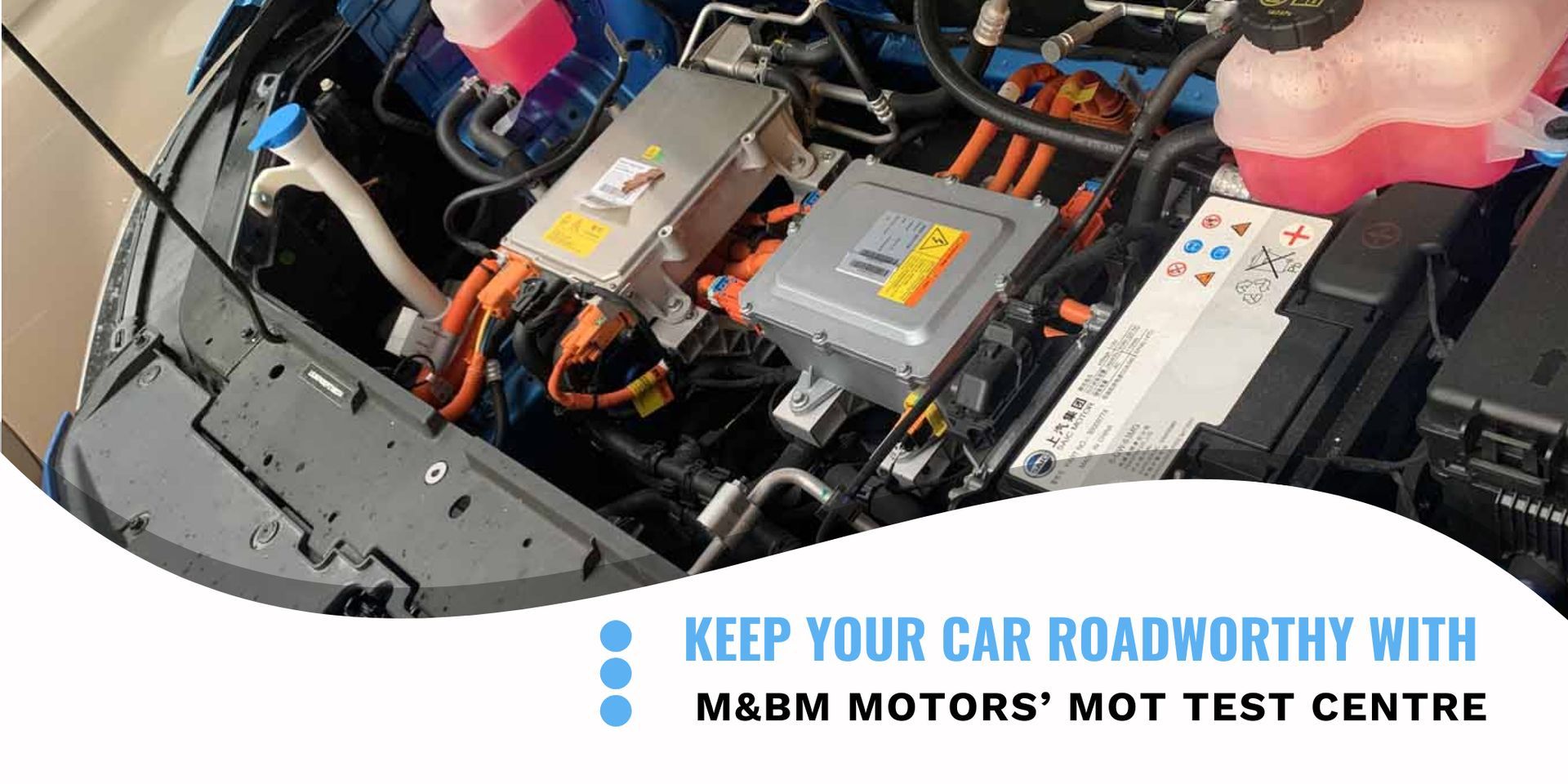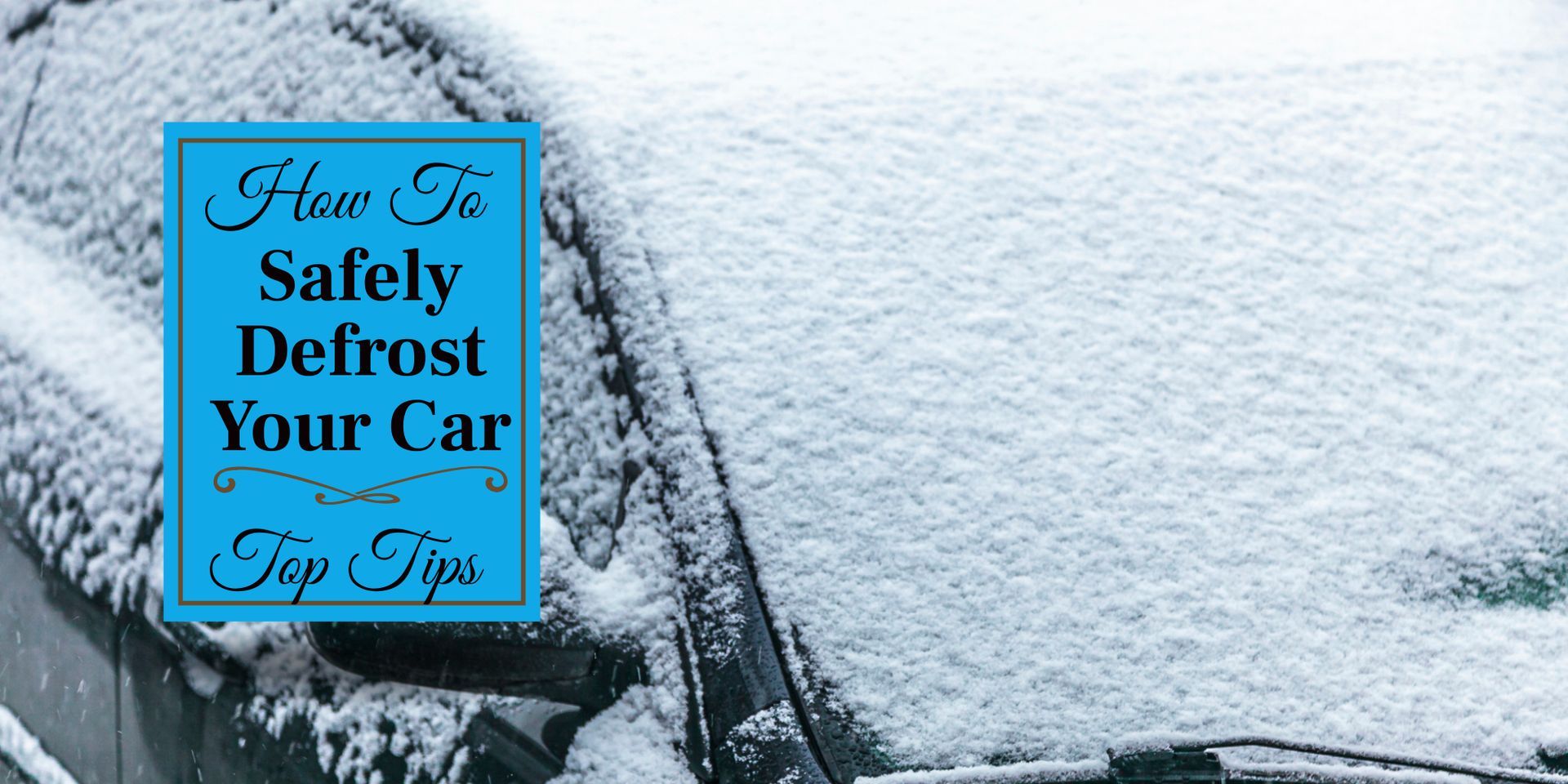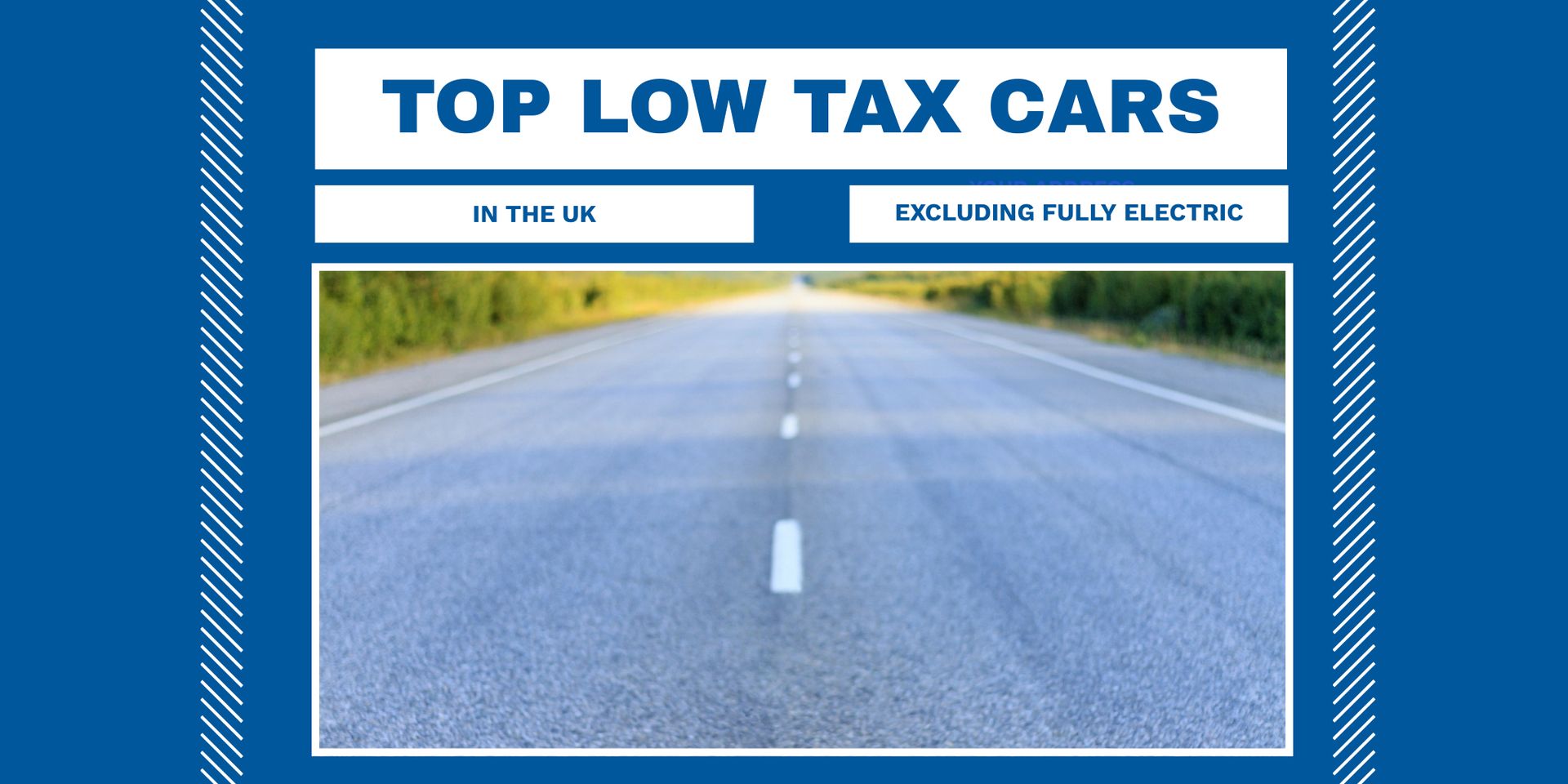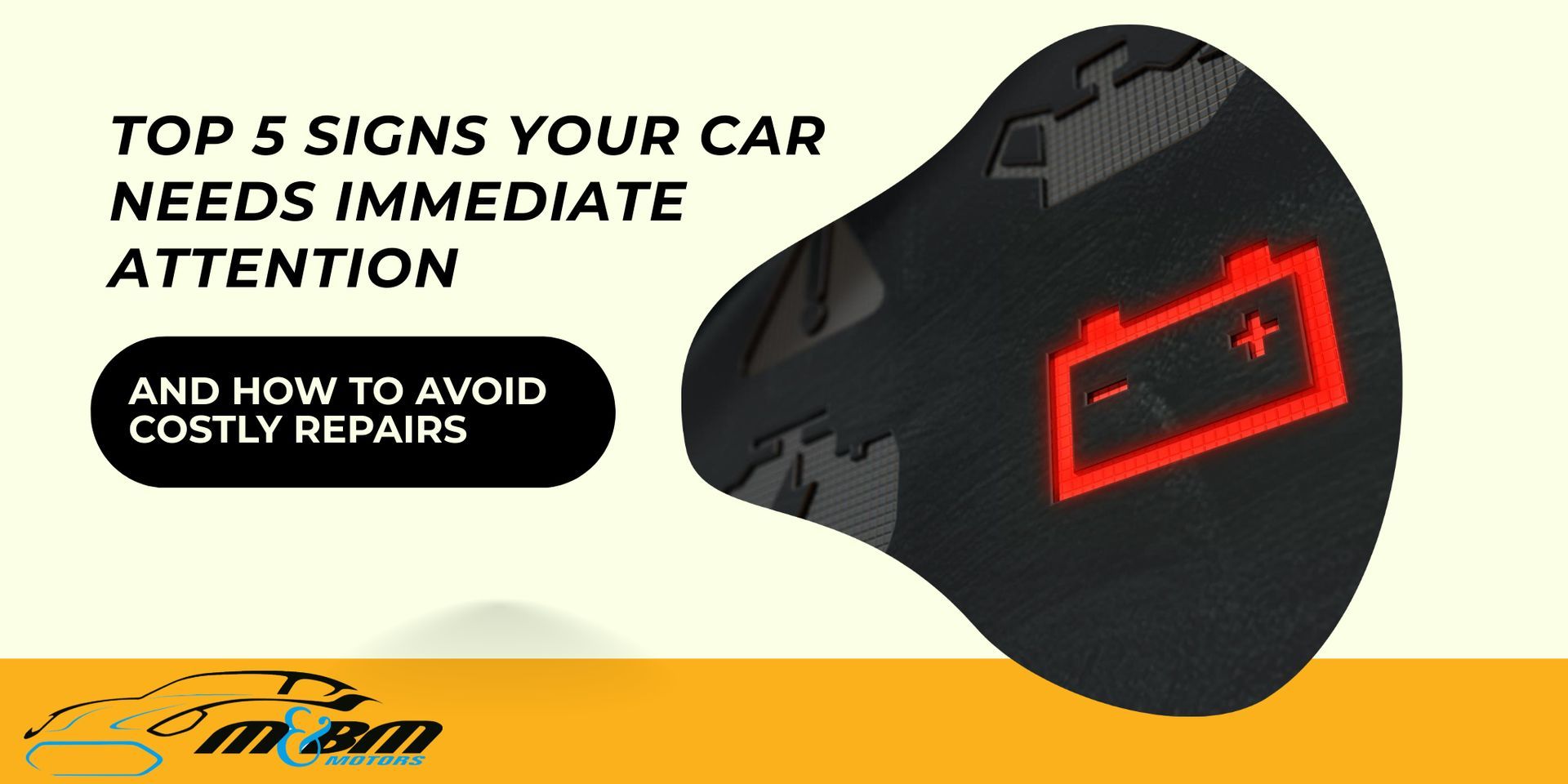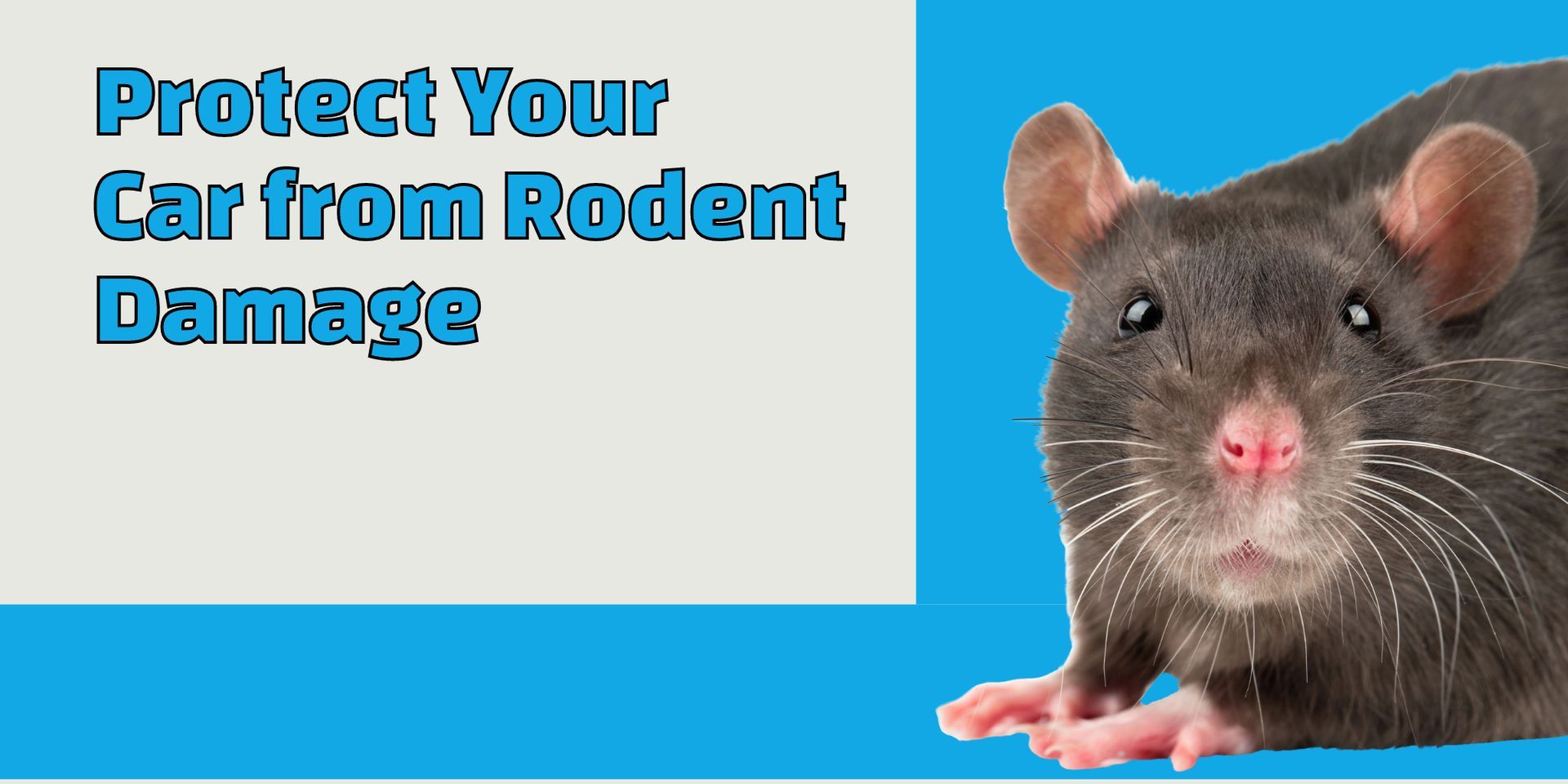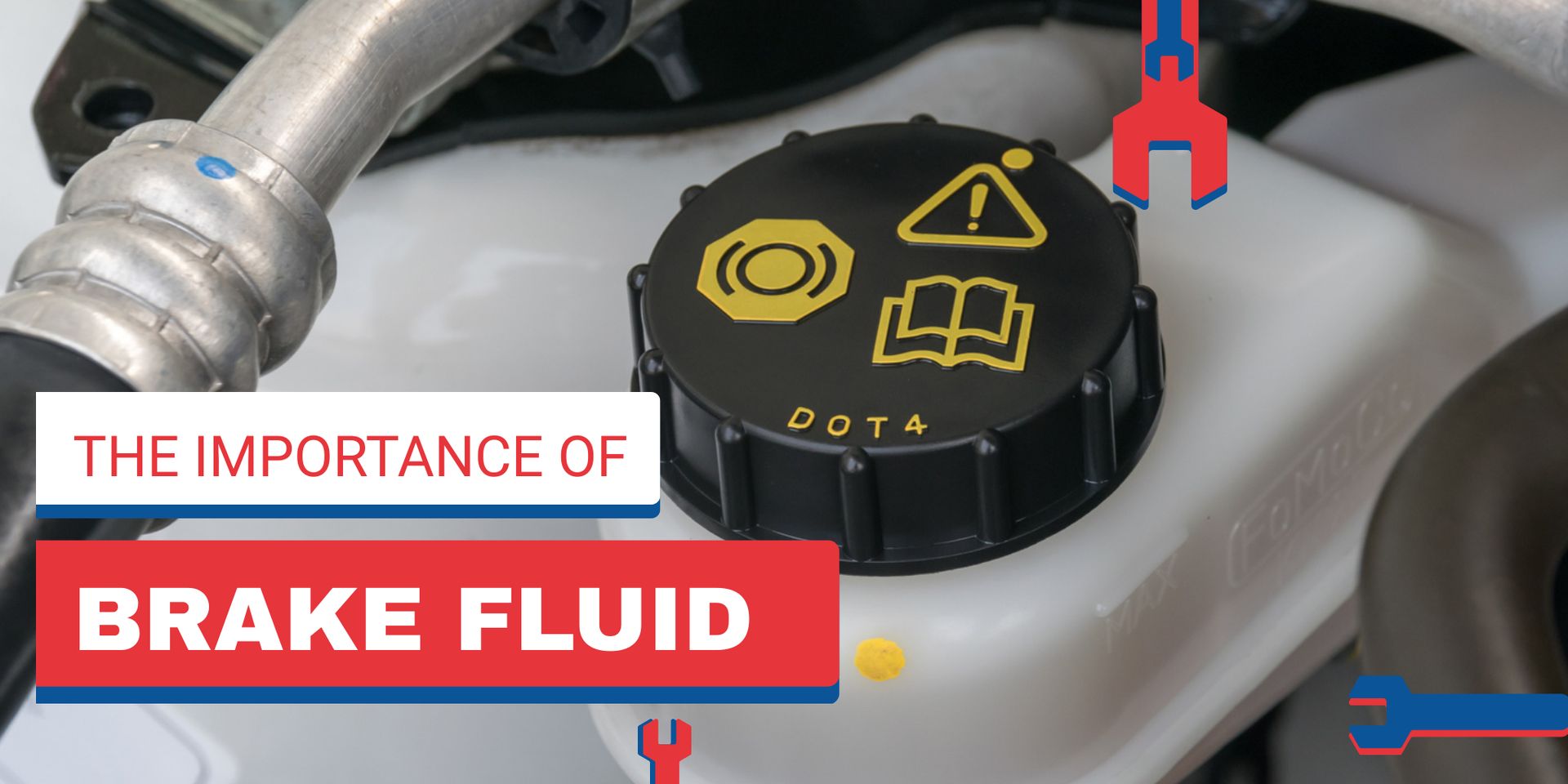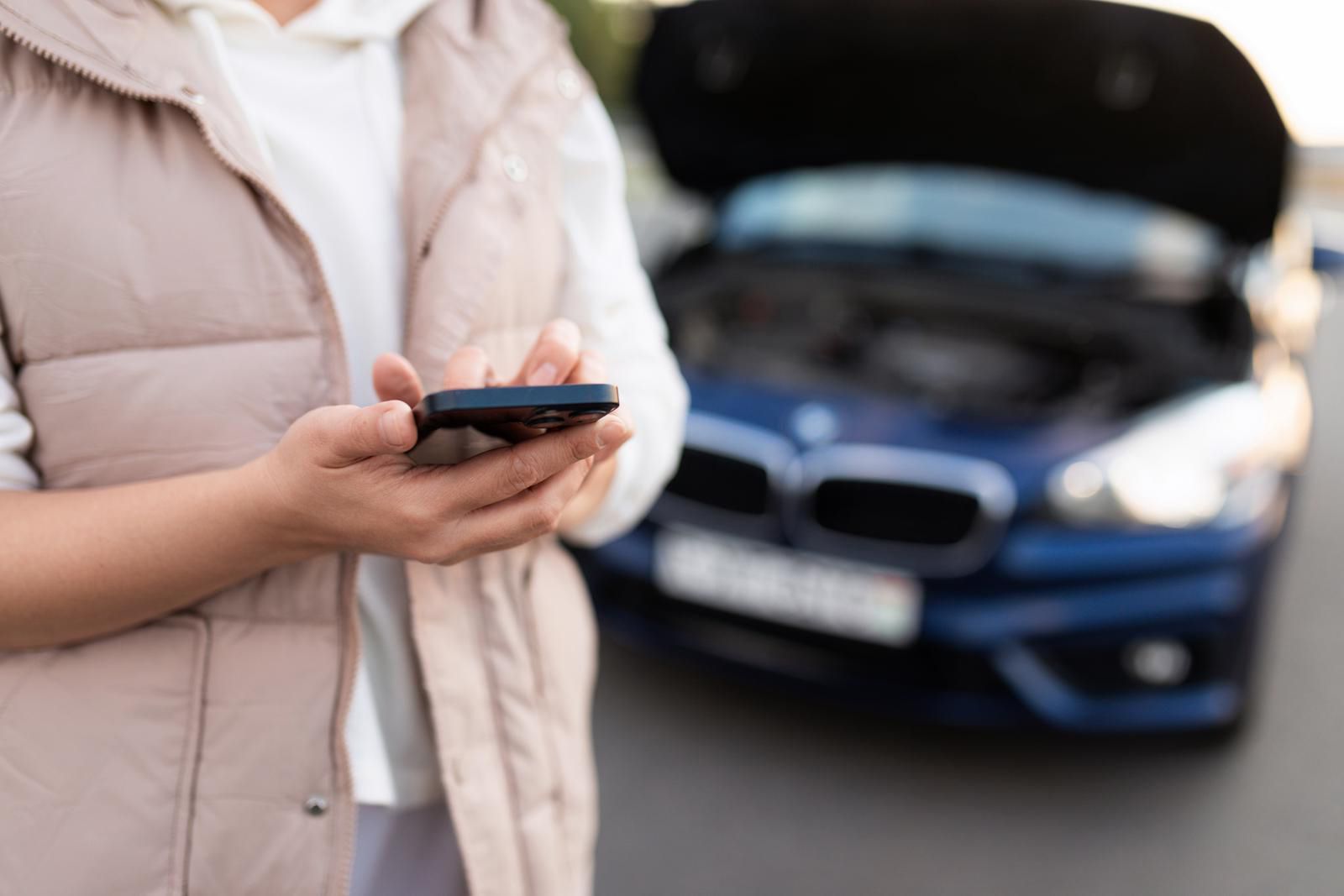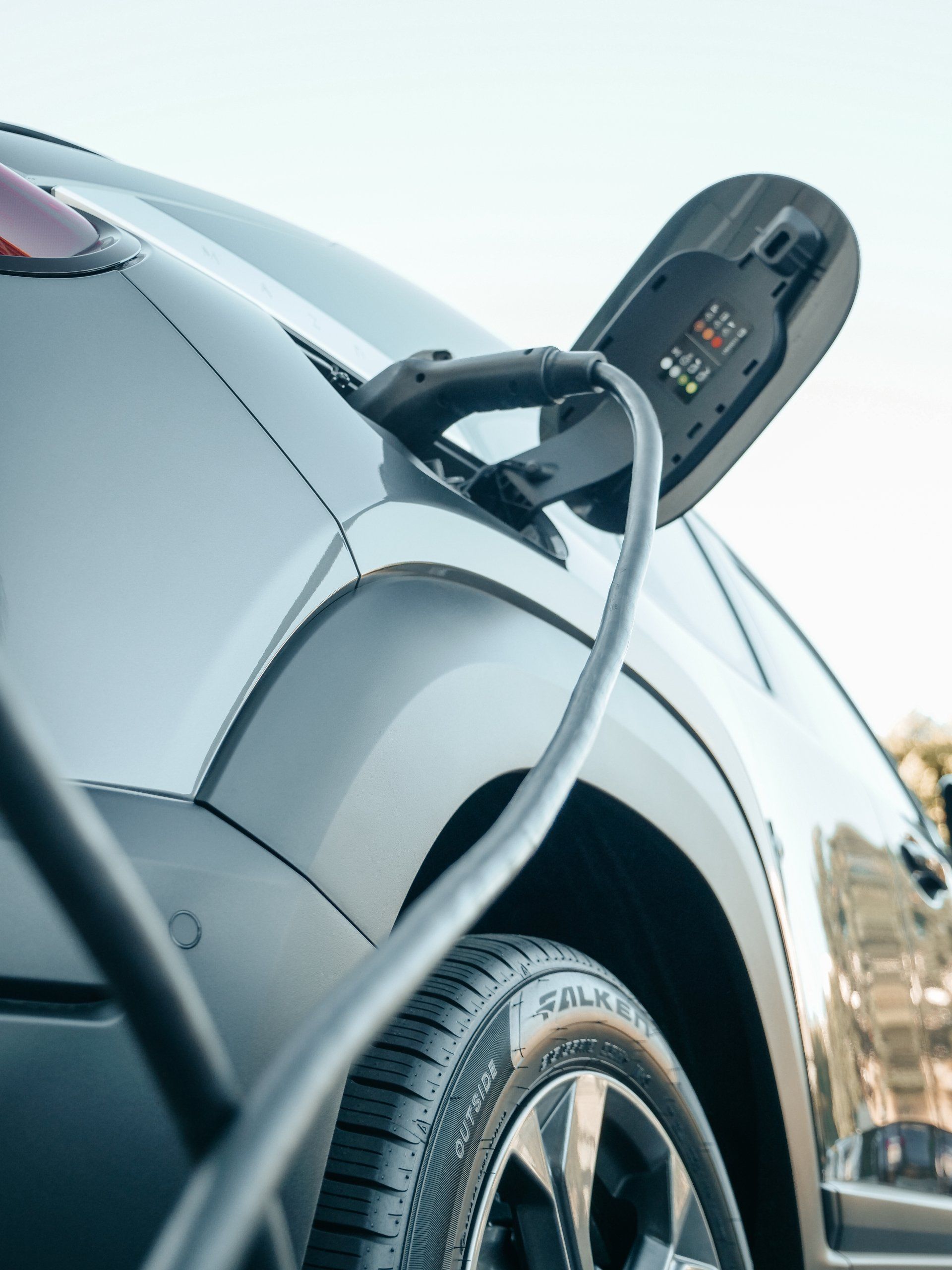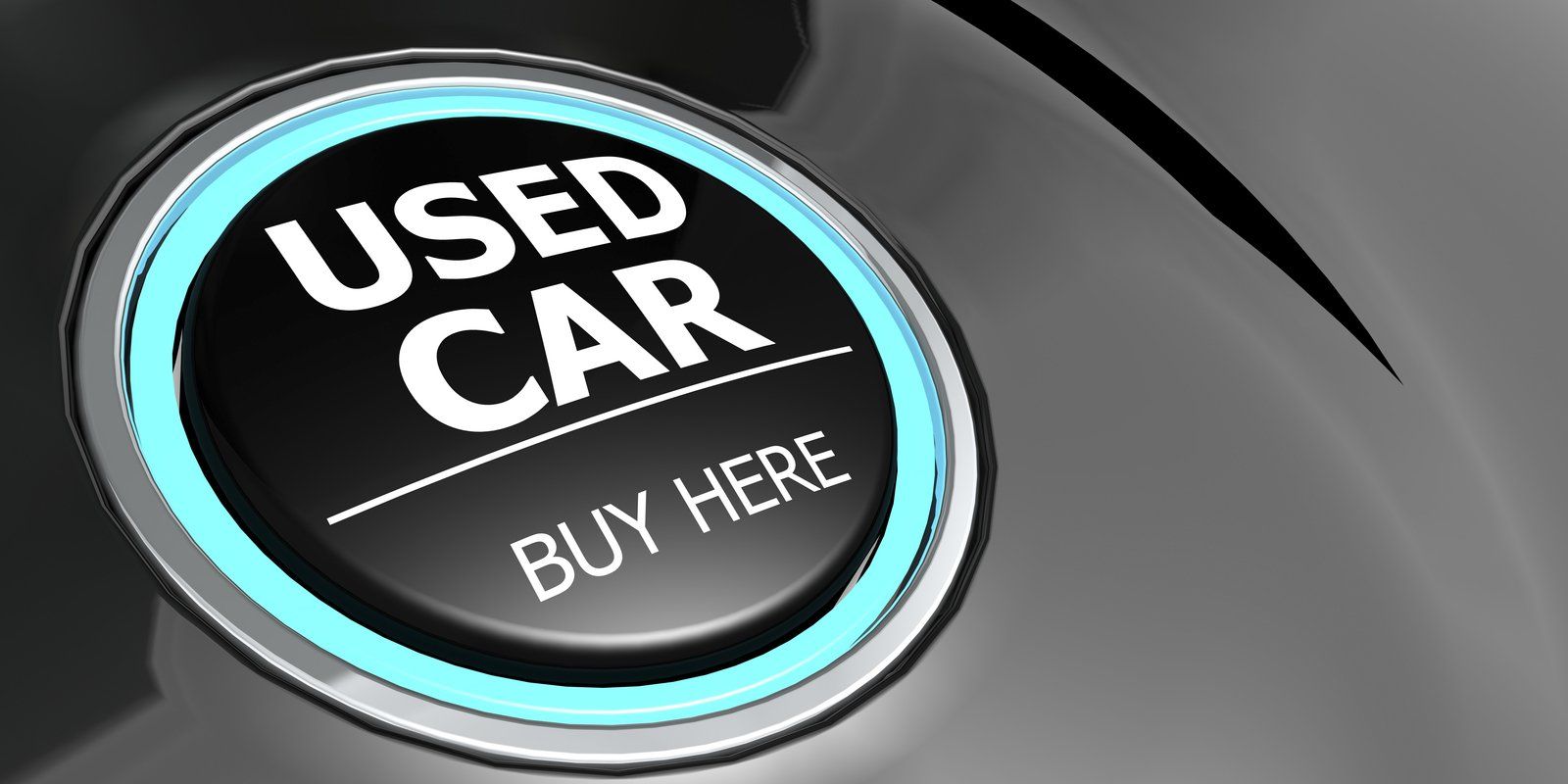Calling all new drivers - make sure you and your vehicle remain safe
New drivers keep safe on the road...
The year after you pass your driving test is the year you are most vulnerable. You may have the ability to drive but new challenges such as driving solo, at night, on a motorway or in an unknown area will further test your confidence and skills.
Plus, like it or not, younger drivers are more likely to be involved in an accident. Brake, the road safety charity, has some shocking figures. Drivers aged 17-19 only make up 1.5% of the UK’s licence holders but are involved in 12% of serious and fatal crashes.
Research has shown that younger drivers are more at risk because of a combination of youth and inexperience. They are more likely to take risks and less able to spot hazards. Younger people tend to be able to pick up skills quicker than their older counterparts, so can become over-confident in their driving ability.
A seasoned driver will know that driving required a range of mental skills. You need to be able to balance your attention between steering, changing gears, and braking with more demanding cognitive tasks such as identifying and responding to hazards. Younger drivers have been found to show poorer attention, visual and speed awareness, hazard recognition and avoidance. And all new drivers will be having to concentrate more on the practical tasks, so are slower to react to sudden dangers.
Common risky behaviour in new and younger drivers include:
- Speeding
- Using mobile phones whilst driving
- Drink and drug driving
- Not wearing seatbelts
- Not taking proper care when driving at night or potentially hazardous conditions
- Peer pressure
- Driving in an unsafe vehicle
Top tips for new drivers
It is most dangerous driving at night – you are likely to be tired and hazards are more difficult to spot. Make sure you know where you are going, how to turn your lights on, and the difference between full beam and dipped headlights. We advise that unless absolutely necessary, simply don’t drive at night.
Don’t let passengers distract you – you need to concentrate on the road and if they don’t understand that, they shouldn’t be in the car with you.
Do not let other passengers pressure you into taking unnecessary risks. It may be tempting to show off and try to impress your passengers by speeding, overtaking or racing other cars, but when it comes to driving, peer pressure can literally kill.
Make sure everyone in the car is wearing a seatbelt.
Keep your speed down, particularly when you’re going around a bend.
Never drink or do drugs and drive. Plus if you are on medication, double check the label as some recommend against driving whilst you are taking it.
Ensure your car is insured, taxed and has an annual MOT.
Maintain your vehicle. To you, your new car is a means of getting from A to B. It probably represents freedom. However, in order for it to stay safe and roadworthy, you need to look after it. Check your fluid levels and tyre pressures on a regular basis. Make sure your tyres’ treads are legal. Check your brakes. Service your car.
It’s good to remember that if you get six penalty points within the first two years of passing your first driving test, you will lose your licence. This means that you will have to take both your theory and practical tests again.
So congratulations on passing your test, enjoy the freedom but most importantly, stay safe!



